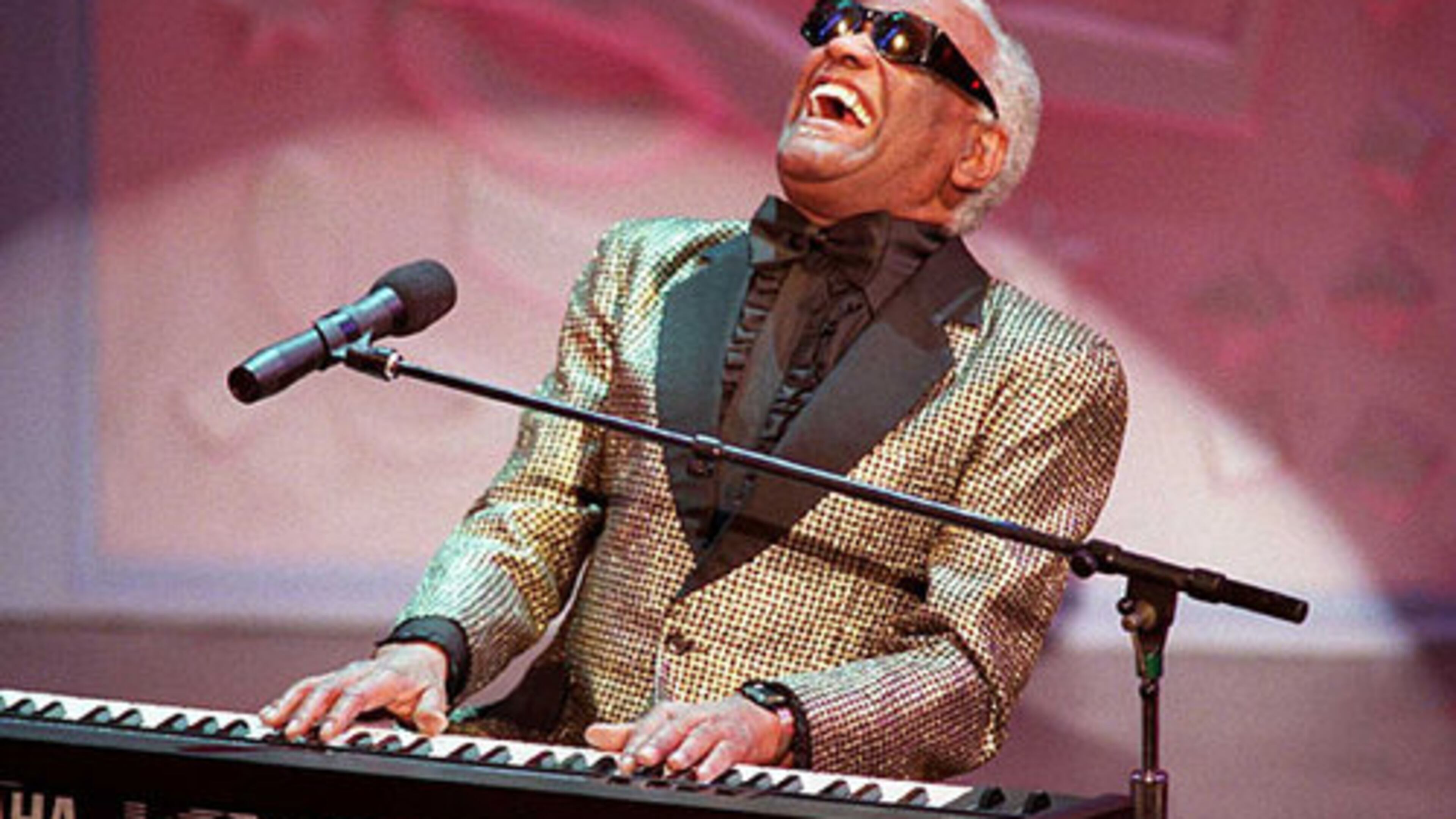Opinion: Life lessons from Ray Charles

This year more than any other since he died in 2004, Ray Charles has been on my mind.
Mr. Charles would have turned 90 this month. I know he would have used the stage and other platforms to speak out for equity, fairness, and justice amid an unprecedented pandemic that has ravaged Black Americans.
And I know he would be dismayed but not surprised that the United States is still reckoning with its racist history. That it is still a country in which the color of your skin determines how well and long you live. That Black lives are under threat. That Black babies are twice as likely to die before their first birthday. And, where the wealth gap between whites and Blacks has changed little since 1978.
Ray Charles, his music and his inner strength left an indelible mark on the world.
He left an enduring mark on me. The legendary “genius of soul” helped me find my way.

I am a Black man who is a senior leader in one of the largest philanthropies in the United States. I interact in a professional world that is predominately white, and one in which I often am “the only” in the room.
I know my situation is not unique for most Black professionals in America.
But the life lessons I learned working as a sound man for Ray Charles have helped me navigate, survive and succeed in that world. In my work as a funder supporting efforts to make sure everyone has a fair and just opportunity for health, six lessons still apply today.
Listening
The first is simply the value of listening. As a blind man who depended on his hearing to navigate his world, Mr. Charles understood the necessity of deep listening. That has helped me engage with all kinds of people from all walks of life and lived experiences and bring the voices of others into the rooms I get to occupy.
Presentation
The second was the importance of presentation. Ray Charles understood that how others see you is important. We were required to wear shirts with collars even when traveling. Mr. Charles knew that how we presented ourselves reflected more than just personal style. It showed self-respect and how we wanted the world to see us. Black professionals know that presentation matters and is as real as the unconscious biases we may face in the workplace.
Collaboration
The third was the power of collaboration. As professionals, we sometimes talk about the things that we’ve done. The work we have led. The achievements we’ve made. And I can’t think of anything that I have done or achieved that wasn’t done in collaboration. Wasn’t done with others. Just like the band.
One time we were preparing for our next gig. But the plane was too small to accommodate the band and the equipment. I was only 23 and stumped by the problem. Ray Charles calmly helped me find a solution. If he took the rhythm section and his female group, the Raelettes, the show could go on. I was to fly later with the rest of the band. It was a complicated, rushed process but it all worked out.
Whether the challenge was setting up band equipment, navigating unexpected travel plans or fighting for social justice, Mr. Charles helped me see why collaboration matters.
Teaching and mentoring
The fourth lesson was the value of a generous teacher and elder, and he was both. Once, I was trying to set up a tone generator on stage for his new keyboard to play. I had just come aboard and was having trouble figuring out how to connect it. When I confessed to Mr. Charles, he simply walked out on stage with me – in front of a waiting audience – and fixed it. He knew exactly what to do, where each plug went and how they all worked together. Before we left the stage, he asked me to make sure it worked - it did. And then, in his grandfatherly voice he made clear that this was a teachable moment: “All right man, don’t make me do that again.”
Pushing for excellence
Fifth, he taught me the importance of striving for excellence. He knew how important that was for his own musical career. He knew that I had attended college but dropped out. He once told me that I didn’t belong on the road. That I needed to go back to college. He was right. I did, and earned a Ph.D. He made you want to do well and pushed us all to do our best.
Sticking to principles
Finally, he taught me to stick to principles. Mr. Charles received criticism for performing in South Africa’s Sun City during an international boycott against apartheid. It surprised me. He was a civil rights advocate who canceled a segregated show in Georgia. But I learned that his performance was conditional. He would play three shows only if one of them was racially integrated.
Our “stages” may be different, but the principles and stances we take on social justice are the same.
These lessons are foundational for me. They’ve helped me to better understand my identity in the workplace and in the world. They’ve helped me to work with others when the task ahead is hard.
Our road ahead – restoring community trust, recovering from the pandemic, building a country that works for everyone – will be challenging. We should all keep these lessons from Mr. Charles on our mind because we’ll be able to achieve a lot more and find our way forward by working together than we ever will working alone.
Dwayne Proctor is senior adviser to the president, health equity, at the Robert Wood Johnson Foundation and chairman, board of trustees, for the National Association for the Advancement of Colored People (NAACP).


